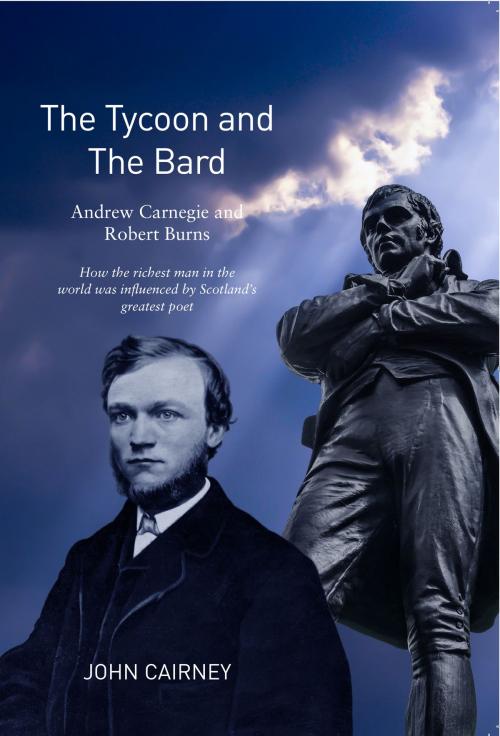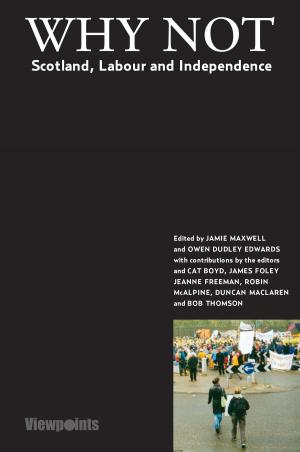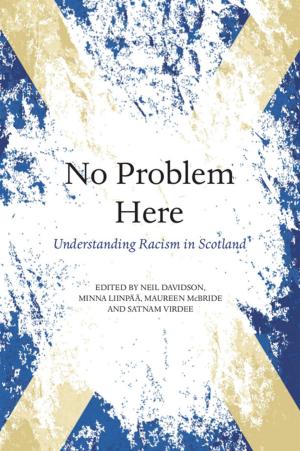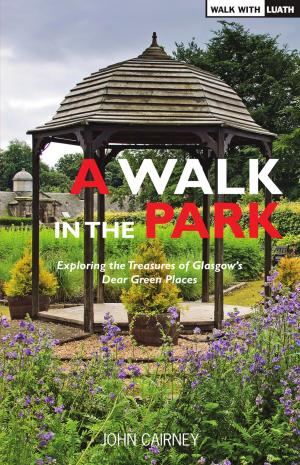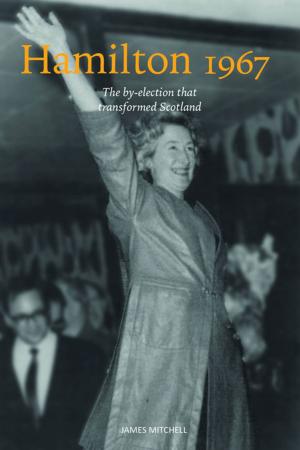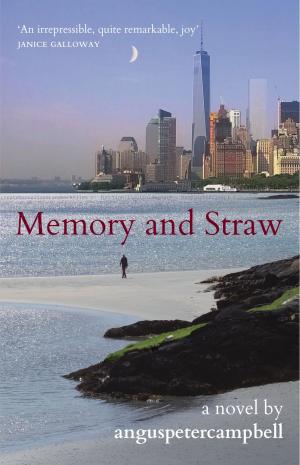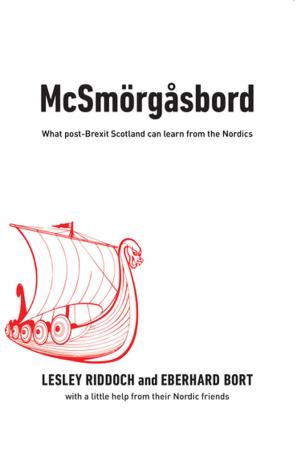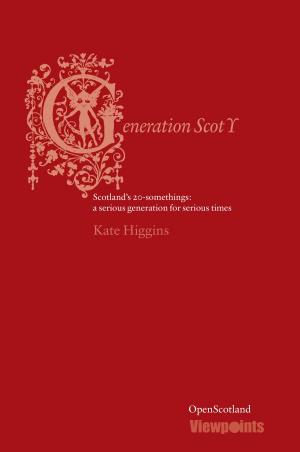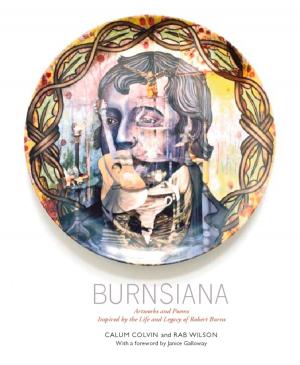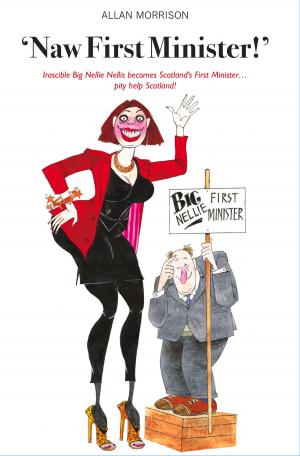| Author: | John Cairney | ISBN: | 9781910324752 |
| Publisher: | Luath Press Ltd | Publication: | February 29, 2016 |
| Imprint: | Luath Press Ltd | Language: | English |
| Author: | John Cairney |
| ISBN: | 9781910324752 |
| Publisher: | Luath Press Ltd |
| Publication: | February 29, 2016 |
| Imprint: | Luath Press Ltd |
| Language: | English |
Andrew Carnegie: self-made Scottish-American steel millionaire and international philanthropist, remembered through trusts, charities and public buildings on both sides of the Atlantic.
Robert Burns: Scotland’s greatest poet and most famous philanderer; an inspiration for future liberal politicians and an almost mythical cultural icon.
What do the world’s greatest tycoon and Scotland’s finest bard have in common? More than you might think.
Despite dying thirty nine years prior to Carnegie’s birth, Burns’ work so inspired the philanthropist that he recited all eleven verses of ‘Man Was Made to Mourn’ at just eight years old. Carnegie’s enthusiasm for the poet was to accompany him throughout his life, as unbeknownst to him parallels between himself and his idol emerged time and again.
Fuelled by ambition, both brilliant Scots went to unusual lengths to better their lives. While Burns travelled the length and breadth of their homeland writing poetry that would endure for generations, Carnegie left Scotland for America to forge his place in the industrial revolution.
The connections between Andrew Carnegie and Robert Burns are unexpected and fascinating, running from their humble beginnings to their enduring legacies. John Cairney
Andrew Carnegie: self-made Scottish-American steel millionaire and international philanthropist, remembered through trusts, charities and public buildings on both sides of the Atlantic.
Robert Burns: Scotland’s greatest poet and most famous philanderer; an inspiration for future liberal politicians and an almost mythical cultural icon.
What do the world’s greatest tycoon and Scotland’s finest bard have in common? More than you might think.
Despite dying thirty nine years prior to Carnegie’s birth, Burns’ work so inspired the philanthropist that he recited all eleven verses of ‘Man Was Made to Mourn’ at just eight years old. Carnegie’s enthusiasm for the poet was to accompany him throughout his life, as unbeknownst to him parallels between himself and his idol emerged time and again.
Fuelled by ambition, both brilliant Scots went to unusual lengths to better their lives. While Burns travelled the length and breadth of their homeland writing poetry that would endure for generations, Carnegie left Scotland for America to forge his place in the industrial revolution.
The connections between Andrew Carnegie and Robert Burns are unexpected and fascinating, running from their humble beginnings to their enduring legacies. John Cairney
